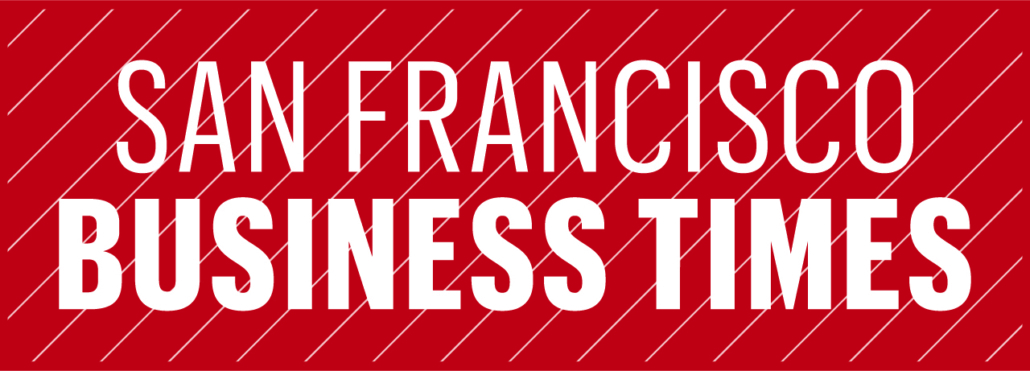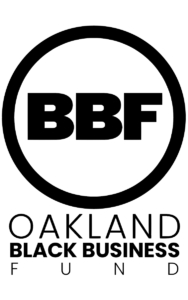

Trevor Parham, founder and CEO of co-working company Oakstop, is literally in the business of bringing people together. But with a highly infectious pandemic on the loose, it wasn’t an easy thing to do in 2020.
Not to mention the political divisiveness tearing the country apart and the social unrest following the killing of George Floyd.
“Bringing people together is sort of the antithesis of where we are right now as a society,” Parham said.
Though 2020 has been described by many as a “terrible year,” the “worst year ever” or a “garbage year,” Parham has done his best to remain optimistic, even though the pandemic decimated his Oakland-based business. Oakstop’s revenue cratered, the number of employees went from more than 20 to just five and Parham has had to reduce his salary. To zero.
Parham, an entrepreneur who grew up in Oakland, said he was faced with two decisions early on in the pandemic: stew in the fear of failure, or invest in the future. He chose the latter.
“I’m not going to be a victim of this year, I’m going to be a leader,” he said. “Not only are we going to make it through this, but we’re going to find some way to turn this into an opportunity, and make lemonade out of lemons.”
While Parham watched other businesses close down, he stayed open, correctly predicting there would be government help and a plethora of “sweet deals.” The first set of “sweet deals” came when he was able to expand Oakstop at its core downtown location from occupying the second floor and basement to include the ground floor, adding 4,000 square feet and bringing his total to 21,000. The deal required a one-time lump sum, but no rent owed on any of the spaces until the city’s commercial moratorium lifts, likely in the spring of 2021. The second “sweet deal” came just recently, when he closed a new lease on new location at the California Ballroom in December.
Investing in the future also meant investing in his community. He started donating co-working and event space to Meals on Wheels to help feed the elderly, and to an organization that created personal protective equipment.
And not long after the first wave of the Black Lives Matter demonstrations following the June police killing of George Floyd, Parham co-founded the Oakland Black Business Fund, a relief fund to support Black businesses. For Parham, the best way to change the power dynamics that result in injustice is to own a business.
“Being a Black business owner is essentially a revolutionary act,” Parham said. “It’s an act of empowering and bringing economics into your community, so we can have more of a powerful position to prevent things like (the killing of Floyd) from continuing to happen.”
So far, the Oakland Black Business Fund has raised $265,000 and has helped 75 local Black-owned businesses. The fund has more than 1,500 donors, including Okta, Community Bank of the Bay, Clorox, National Community Investment Fund, Bandcamp, Square and the Chamberlin Family Foundation.
Parham started Oakstop in 2014 with $30,000 in savings and built it up to become a profitable community hub for events and co-working. He bootstrapped the operation because he wanted to be primarily responsible to the community, not investors.
On a sunny day in the fall, Parham was walking near Lake Merritt while on a call with the Oakland Economic Recovery Advisory Council and 40 to 50 other business owners who had been advising the city of Oakland during the pandemic, when the weight of his efforts hit him.
“It was in this moment when I thought, ‘Wow, I’m really an active contributor to this city and this community,’” said Parham.
